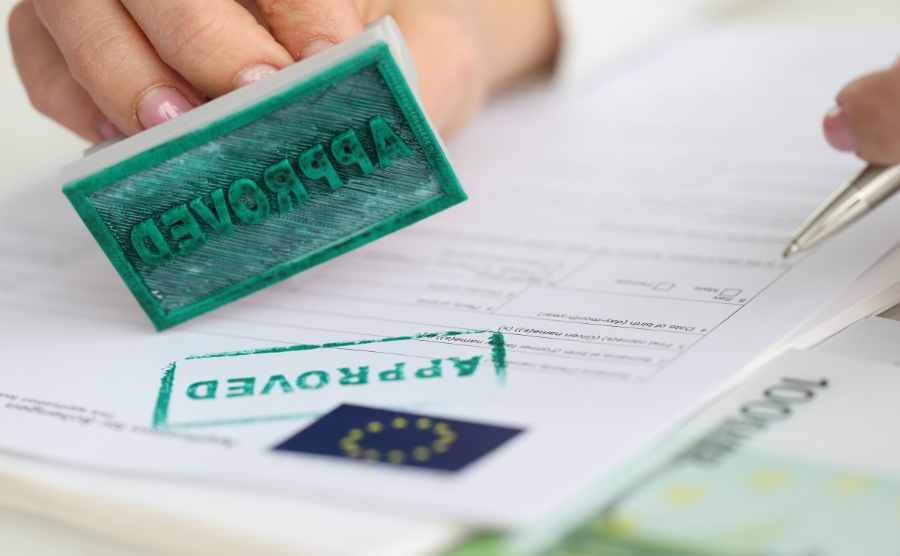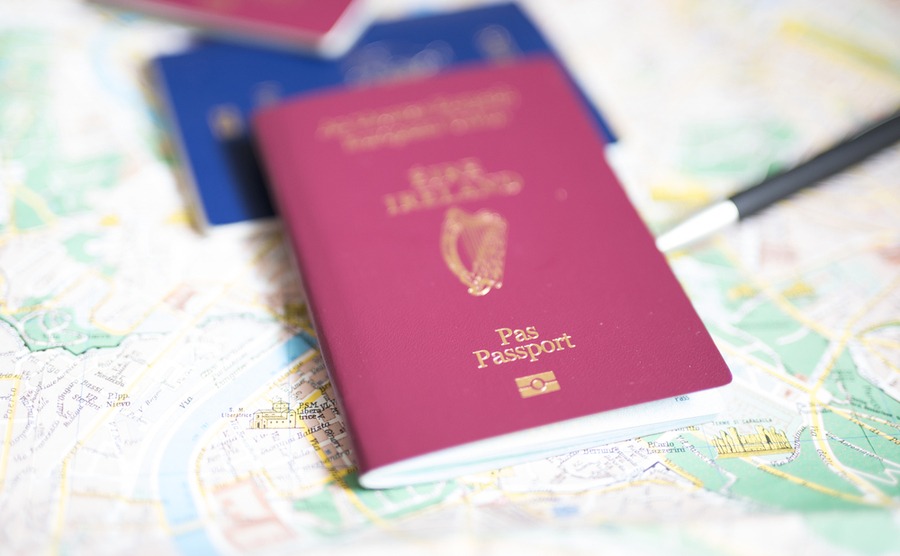Nearly three years after Brexit came into full effect, capitalising on family roots to obtain an EU passport remains one of the easiest ways for UK nationals to move to Europe. Here’s why tracing your relatives back a generation or two could be well worth it!
Thanks to Brexit, most UK citizens now need a suitable visa to realise their dream of living and/or working in an EU country. But for some among us, your path to a new life in the sun could be easier than first imagined and for no other reason than your family line.
Am I eligible for an EU passport?
Put simply, if one or more of your parents or grandparents – and even in some cases great-grandparents – is or was (ie they are deceased) a citizen of an EU country, usually you have the right to apply for citizenship of that country too. If you think you have a second or third-generation relative from the Continent or Ireland, now is the time to check the records! Just be aware, it is vital that your descendants never renounced or lost their citizenship.
The advantages of being an EU citizen, ie EU passport-holder, are well-documented. To recap, citizens of any one of the 27 EU member states are free to travel, reside, work and study within any other EU state, retaining their welfare rights, such as state healthcare and often other social benefits. Just as British people could pre-Brexit!

Prospect of a passport application being approved
Citizenship by descent
The process of passing down citizenship (also referred to as nationality) rights from one generation to another is known as citizenship by decent (sometimes ‘citizenship by origin’). There is no common EU-wide law or procedure governing it. Each country has their own rules, procedures and required documentation for the application process. The good news is passports from all EU countries are equally valid anywhere in the single bloc.
Countries that offer the most favourable route to citizenship by descent, meaning their rules are less stringent, include Germany, Ireland, Italy, Poland, Portugal, Latvia and Lithuania. In other EU countries, your application might be more complicated.

If your grandparent descends from an EU country, you could apply for a second passport
Luck of the Irish… connection
Given the historical connection and resultant family links between the populations of Ireland and Britain, Irish citizenship is one of the most popular options for UK nationals. You are automatically an Irish citizen if at the time of your birth, at least one of your parents was an Irish citizen and born in Ireland, in which case you can apply for an Irish passport without needing to make a citizenship application.
Equally welcome news, UK nationals can apply to become an Irish citizen if they have (or had) a parent who was an Irish citizen at the time of their birth who wasn’t born in Ireland, or simply a grandparent who was born in Ireland. To be eligible this way you must apply to be entered on Ireland’s Foreign Births Register via the country’s Department of Foreign Affairs (www.dfa.ie/citizenship).
Find your dream home on our property portal
Other countries
Like in Ireland, a Portuguese grandparent qualifies foreign nationals for citizenship in Portugal. Italy recognises ancestral roots too – proving a paternal Italian bloodline as far back as 1861 could also swing it for you.
In France and Spain, things aren’t so easy. In the former, citizenship by descent only extends back to your French parent. The latter is marginally more accommodating thanks to a new law that also recognises Spanish grandparents who fit certain historical profiles (predominantly relating to being exiled during the Civil War or during the country’s dictatorship).
Don’t discount any ancestors you might have from the more remote corners of the EU bloc as many members in Eastern and Central Europe recognise grandparents for citizenship by descent. Remember, a passport from any EU country has the same citizenship status across the whole of the EU bloc.

Even if you have just one Irish grandparent, you could qualify for Irish citizenship and Irish passport.
Dual citizenship/ nationality
The preference of most people is to retain their UK citizenship when they gain citizenship in their chosen EU country, gaining so-called dual nationality/citizenship. However, not all countries recognise dual nationality and request that new citizens renounce their UK citizenship. In practice, in these situations many British citizens keep hold of their passports if there is no obligation to give them up physically – but this doesn’t mean they remain effective or renewable!
As a final takeaway, we recommend consulting an immigration lawyer when considering any type of application for citizenship. It’s a complicated business that requires experienced legal guidance, so best get it right from the get-go.

